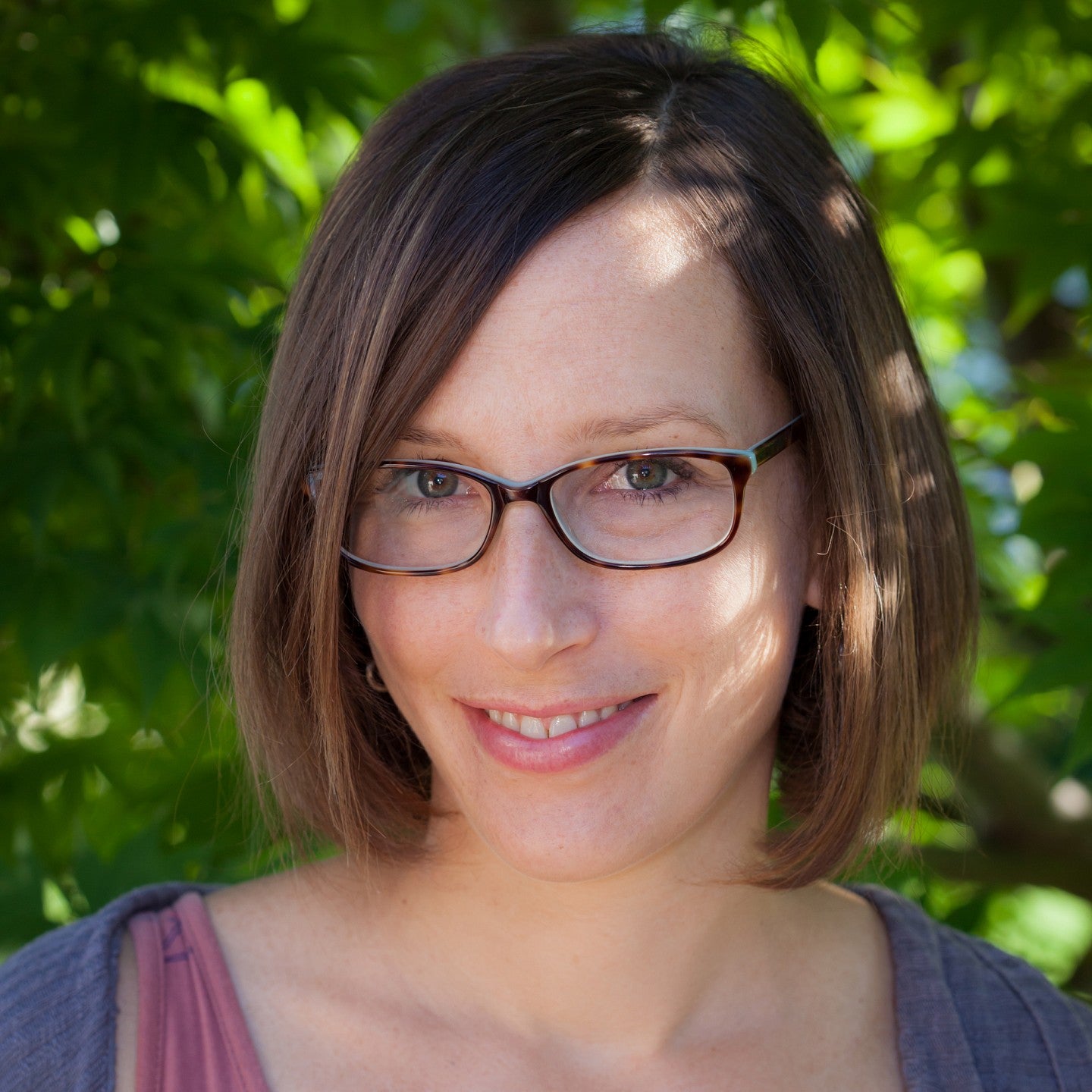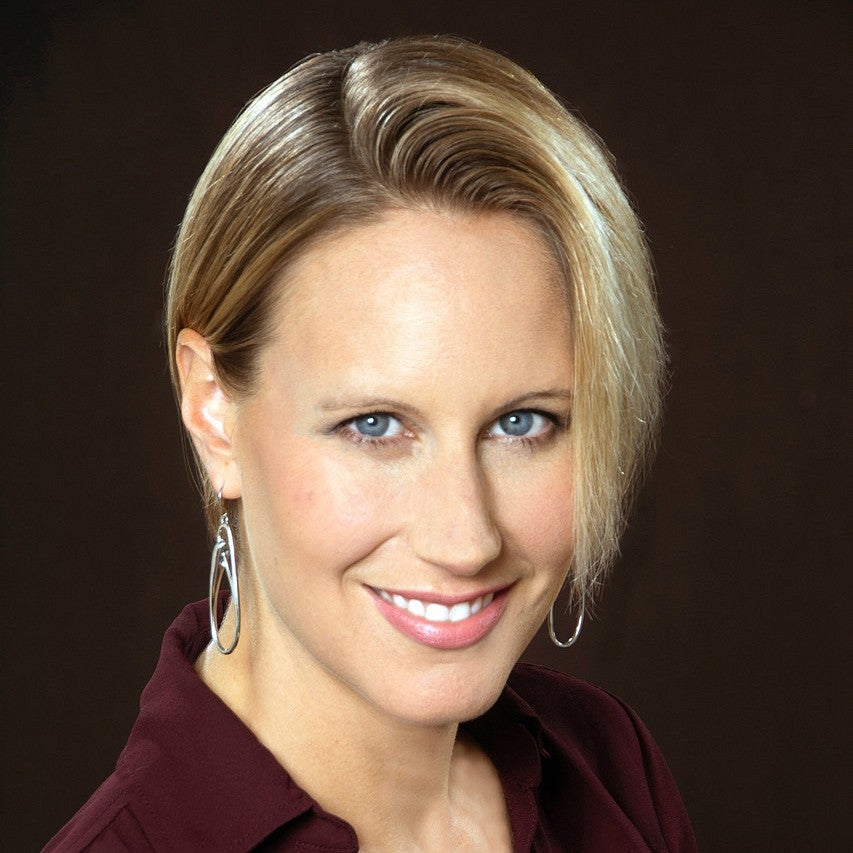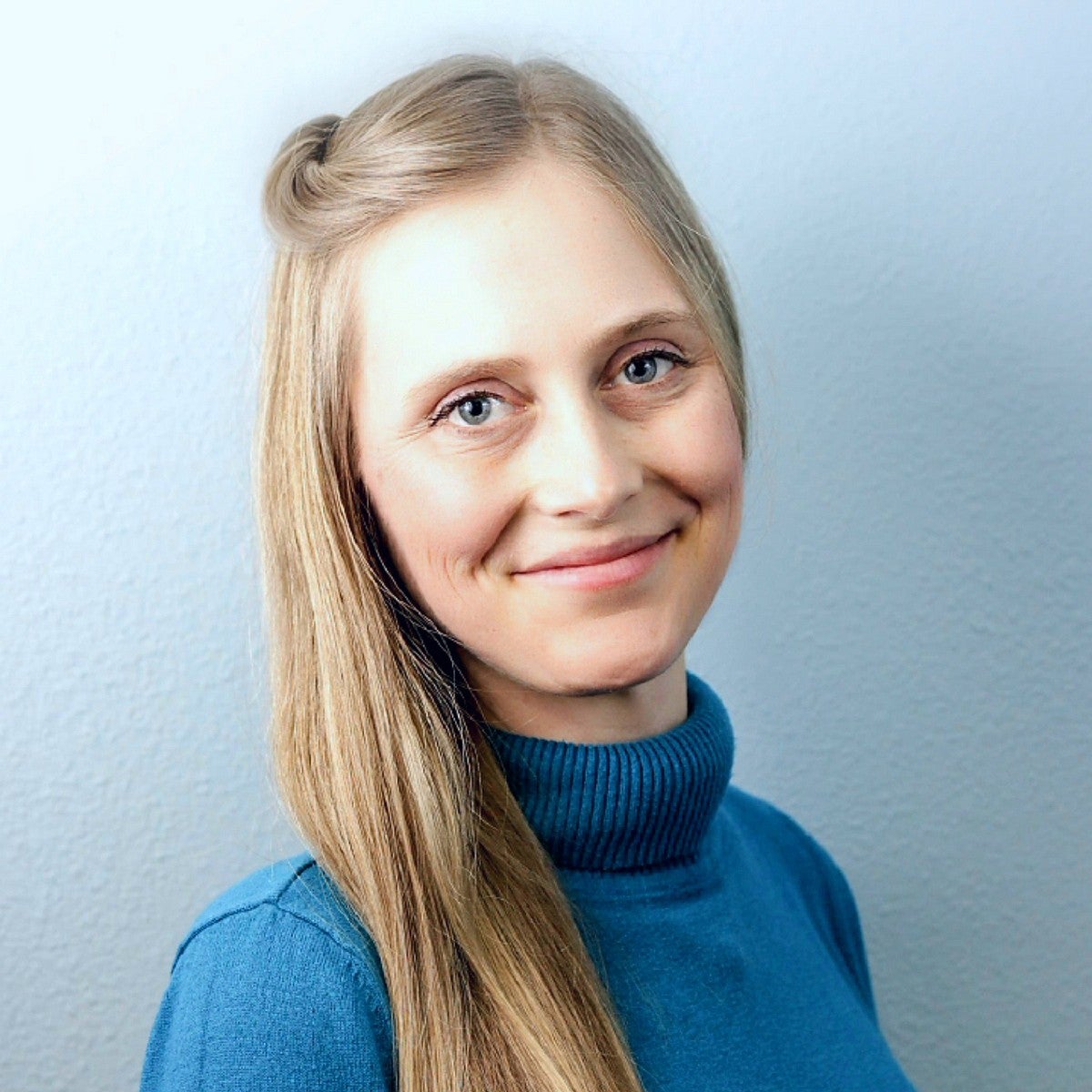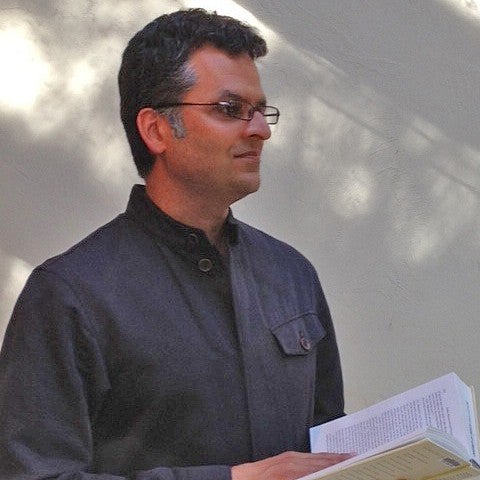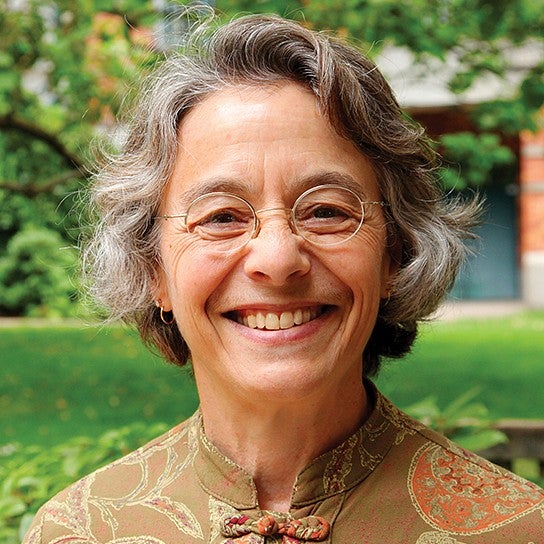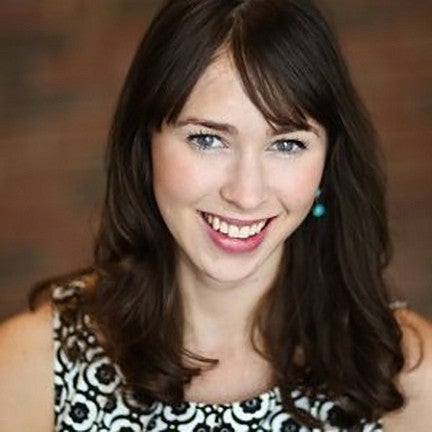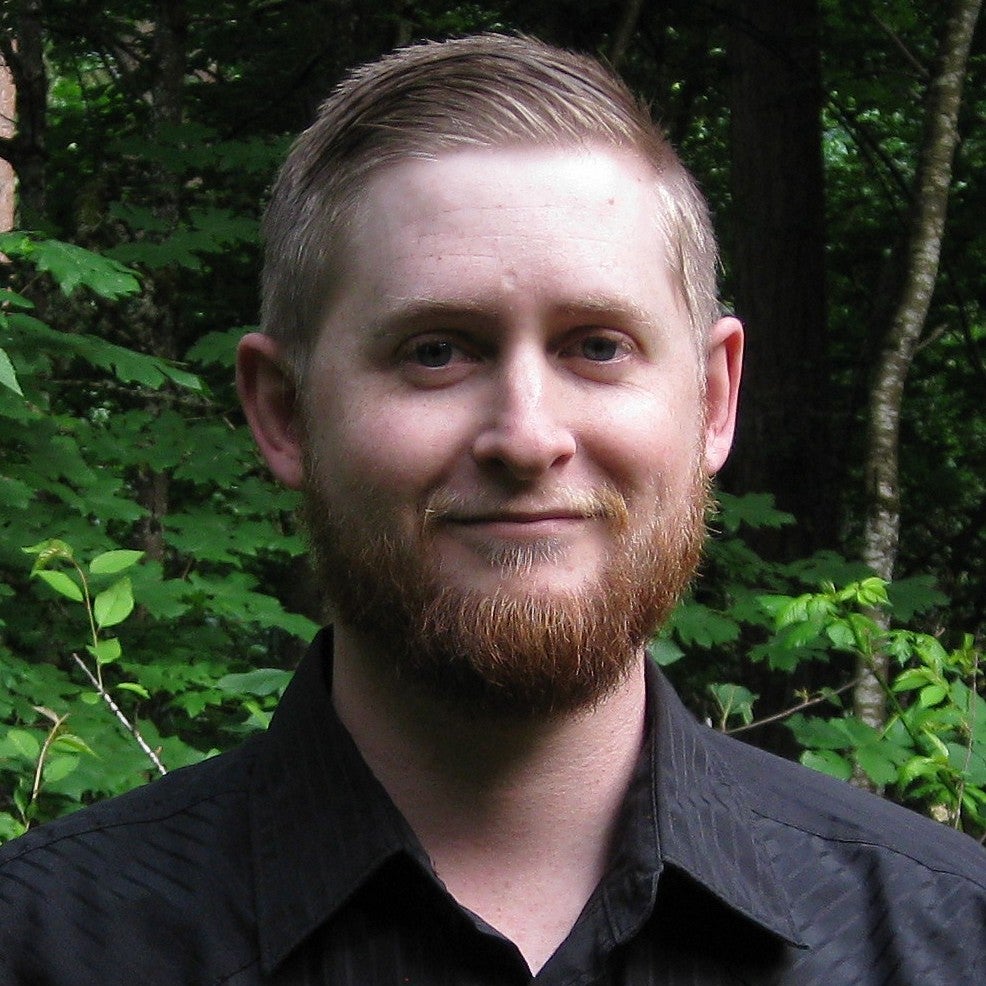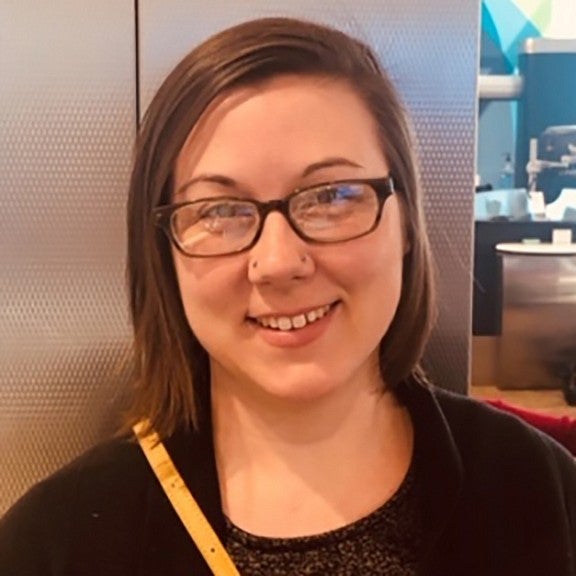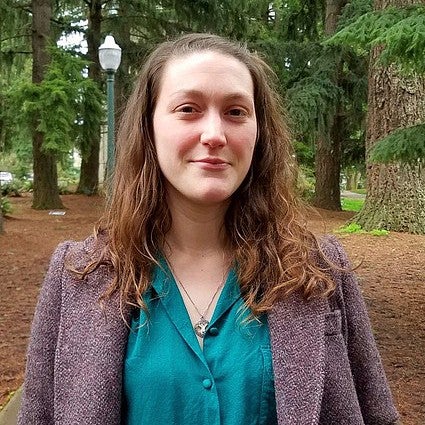Exploring the intersections between science, politics, policy, and justice.
Over the two years of this theme, we contemplated a number of overarching questions about the relationship between scientific research, decision-making, and the public interest. How are scientists and their communities engaging with the public and shaping policy discussions on issues ranging from disaster preparedness and response to personalized medicine for disease and disability? What are the consequences when science is politicized and doubt is cast on its empirical methods of discovery? Who has the ability to exert political power, pass or reject laws, purchase earthquake or health insurance, make educated decisions about natural hazards or medical technologies, and access government resources and public services related to environmental and bodily health?
2019-20 focus: Environmental Disasters and Resilience
Societies worldwide are experiencing sequential and overlapping environmental disasters that are stretching governments’ capacity to respond effectively and equitably. In Oregon, people are increasingly affected by and concerned about smoke, wildfire, drought, the impending Cascadia Subduction Zone earthquake, climate change and more. Environmental disasters are, on the one hand, scientific problems to study and address with technologies and engineering projects. They are also human events, profoundly influenced by issues of social inequality and politics. These disasters therefore must be approached from the full range of disciplines and professions as well as through effective policies, planning, education, and action.
2020-21 focus: Genetic Technologies: Identity, Equality, Ethics
Genetic technologies are no longer products of imaginative science fiction. They are realities, here and now, being developed by scientists and used by health care providers, patients, and consumers. From gene editing to 23andMe, from university laboratories and corporate research parks to hospitals, from designer babies to cancer treatment, genetic technologies raise questions about identity, equality, and ethics. During 2020-21, we focused on the implications of genetic technologies for disease and disability, for the unequal distribution of benefits and harms, and for privacy.
Wayne Morse Chairs
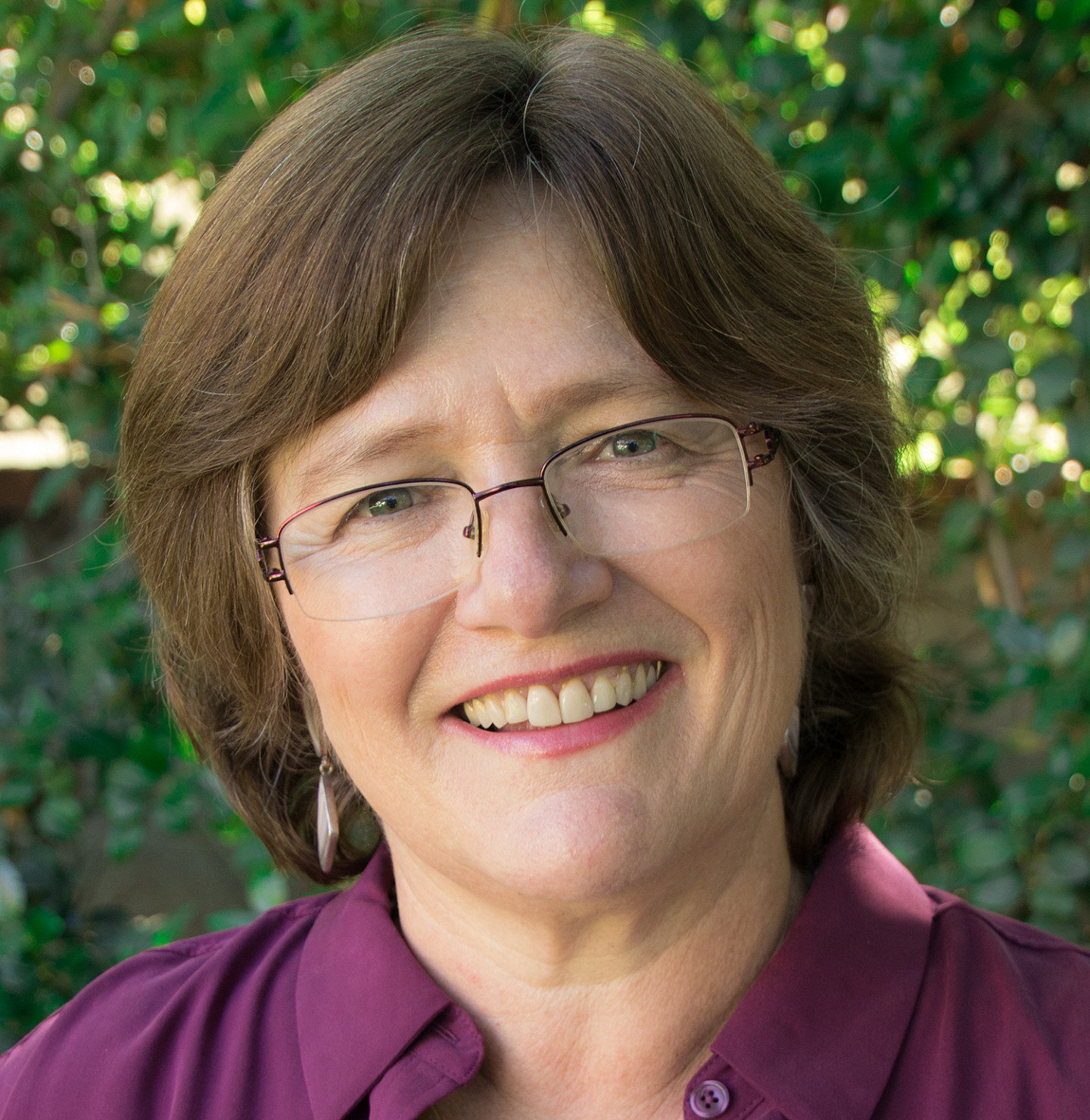
2019-20 Wayne Morse Chair
Known as the "Earthquake Lady," Dr. Jones is the founder of the Dr. Lucy Jones Center for Science and Society, with a mission to foster the understanding and application of scientific information in the creation of more resilient communities. She has been a Research Associate at the Seismological Laboratory of Caltech since 1984 and served for 33 years with the US Geological Survey, where she led the development of the Great ShakeOut, the first major earthquake drill in America. She will be giving a public talk in October 2019.
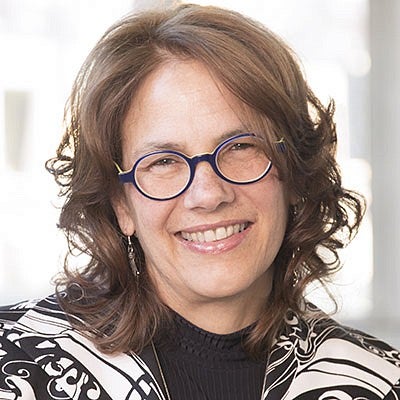
Françoise Baylis
2020-21 Wayne Morse Chair
Françoise Baylis is a bioethicist and university research professor at Dalhousie University, Nova Scotia. A philosopher whose innovative research in bioethics lies at the intersection of policy and practice, she challenges readers to think broadly and deeply about the direction of health, science and biotechnology
Project Grants
2019-20
350 Eugene will organize a Climate Town Hall in West Eugene in autumn 2019 with a focus on outreach to and gaining perspectives from historically marginalized groups who are often disproportionately impacted by the effects of climate disruption. The goal is to elicit input in setting community and government priorities for addressing climate breakdown and for implementing the City of Eugene’s Climate and Energy Action Plan.
Beyond Toxics will hold the Environmental Justice Pathways Summit at UO in spring 2020. The summit will bring together frontline communities, government officials, students, and scholars to develop a framework of environmental justice principles that will be turned into a resource guide for advocates and policymakers to embed an environmental justice framework in policy and practice.
Cascadia Prepared is developing a Cascadia Resilience Scorecard in anticipation of the impending Cascadia Subduction Zone earthquake/tsunami. The scorecard will inform policymakers and the public about the earthquake resilience status of numerous lifeline infrastructure areas, such as emergency services, transportation, communications, utilities, healthcare, etc. It will also offer recommendations on what must be done to achieve maximum survival rates and recovery.
Eugene Science Center will acquire a new immersive, full-dome planetarium show entitled Our Violent Planet, focused on three of Oregon’s natural threats -- earthquakes, tsunamis, and volcanoes -- as well as other earth science topics such as plate tectonics. Science Center educators will work with UO scientists to develop educational programs aimed at informing our community about the hazardous environments in which we live and how we can prepare to face those hazards when they occur.
KLCC Public Radio Foundation will host a series of twelve in-depth audio reports titled Resilience and Natural Resources in Oregon. The radio features will allow Oregonians to learn about efforts around the region to address the threats presented by current and future environmental disasters. The series will culminate with a public gathering and discussion.
Oregon Environmental Council will partner with facilitator and UO associate professor Alaí Reyes Santos to organize a series of community conversations across the state gleaning priorities, desired outcomes and stories of creative solutions from rural minority and low-income households to shape the State of Oregon’s future investments in Oregon’s natural and built water infrastructure. These perspectives will be incorporated into a report that will be publicly disseminated through OEC communications and advocacy channels and made available to the state legislature as a 100-year water vision is developed to meet the diverse water quality and quantity needs of communities across Oregon.
UO School of Journalism and Communication’s Media Center for Science and Technology and UO Institute for a Sustainable Environment will host a symposium at UO bringing together researchers, policy makers, and the public to foster decision-making focused on building resilience to future wildfire and smoke events.
2020-21
Beyond Toxics and NAACP Eugene-Springfield will host the rescheduled Oregon Environmental Justice Pathways Summit April 9-10, 2021, at the University of Oregon. The summit brings together frontline communities, government officials, students, and scholars to develop a resource document that communities and policymakers can follow to embed an environmental justice framework in policy and practice. See past Environmental Justice Pathways webinars.
Classroom Law Project will offer an interactive digital workshop titled Civic Engagement and BioTechnology Ethics: Equity and Public Health Policy on October 9, 2020. Developed specifically for science and social studies teachers (grades 5 -12), this workshop focuses on how to engage students, both in traditional classrooms and remotely, with the ways ethical policy decisions about biotechnology and healthcare can create more equity within communities. Using the Project Citizen: Civics in Action! framework, Classroom Law Project will show how this inquiry-based methodology can engage students and empower them during a time of uncertainty.
Assistant Professor Maxwell Foxman (SOJC) will prototype a board game titled WildFire, created with journalism graduate student Robin FitzClemen, in which players cooperate to put out uncontrollable blazes over the course of multiple fire seasons using real-time climate data to simulate environmental conditions. The goal is to provide players with a novel means of experiencing the trials and tribulations of dealing with wildfires in the context of global and local climate change. Based on serious game design methodology, WildFire will be play-tested throughout the year with key stakeholders, including firefighters, educators, government officials and journalists, in order to maximize its potential to inform the public.
Working with the The Oregonian/OregonLive, science journalist Carol Cruzan Morton will report on new therapeutic gene editing technologies. The reporting will focus on Oregon research and explore the quickly advancing science and implications of deliberate and accidental genetic changes that may extend through generations. The project will help inform the perspectives and conversations of policy makers and citizens.
Associate Professor Nicolae Morar (Environmental Studies & Philosophy), along with Bryan Cwik from Portland State University, will host a workshop at UO during winter term featuring a team of international experts discussing ethical, political and policy issues related to the distribution of access to gene editing. The workshop will explore questions of reproductive medicine, genetic technologies, and justice, as well as concerns about the downstream social impacts of these biotechnologies. The speakers will also consider possible solutions to these bioethical problems.
The Museum of Natural and Cultural History, adapting to the uncertainties brought about by COVID-19, will offer a robust and varied array of virtual, in-person, and “take out” programming related to genetic diversity and genetic engineering that is designed to engage UO faculty and students, community members, youth and families. The effort includes creating an online version of its anchor exhibit, Explore Oregon, hosting a lecture series examining de-extinction and the ethics of genetic modification, and providing science craft kits to UO students and children. Visit the museum’s website for programming news.
Adam Spencer, MS (UO School of Journalism and Communication), working with the Clackamas River Basin Council, has created Clackamas360, a virtual field trip of the Clackamas River Basin that harnesses drone photography and video to teach geography, wildlife biology and watershed conservation to high school students in the Clackamas area. The project will be hosted on a 360-degree website, with informational text and photography to correspond with workbook assignments. CRBC staff members will join high school classes via teleconferencing to introduce each lesson and show students how to navigate the website, with follow-up visits to discuss the lessons and assignments and consider how the students can actively participate in watershed stewardship.
Spring 2020 course offering
Forest Fires and Society: Envisioning Fire-Adapted Communities is an upper division course that will be taught by former wildland firefighter Dr. Timothy Ingalsbee.
This environmental sociology course will explore the sociocultural, political, economic, and ecological aspects of forest fires. We will discuss the effects of industrial forestry and fire suppression on forest ecosystems in the Pacific Northwest, and critically examine the "burning issues" that are causing increased frequency of wildfire disasters in the west: climate change, rural sprawl, and forest/fire management policies. Throughout the course, we will explore solutions to wildfire disasters by envisioning societal changes necessary to recreate fire-adapted communities living sustainably within fire-dependent ecosystems.

